
SCARS Institute’s Encyclopedia of Scams™ Published Continuously for 25 Years

Forgiveness and Scams – Why It Matters So Much!
The Psychology of Scams
A SCARS Insight
What Is Forgiveness?
Psychologists generally define forgiveness as a conscious, deliberate decision to release feelings of resentment or vengeance toward a person or group who has harmed you, regardless of whether they actually deserve your forgiveness.
What is forgiveness and how does it happen?
We talk so much about forgiveness, throw around so many slogans, and yet it seems that we all have radically different ideas about what it actually means. We want to know how to forgive and yet it can be very hard to achieve or practice something that we don’t really understand.
We often hear the idea that forgiveness is a gift, an act of kindness for ourselves, as the forgiver, that forgiveness is not for or even about the one we are forgiving.
It’s said that if forgiveness benefits the one we are forgiving, then that’s an added benefit, a gift, but not really the point. And yet, one of the obstacles we face in forgiving someone we perceive as having done us harm is not wishing them well, not seeing their benefitting from our forgiveness as a gift, and, in fact, wanting them to suffer because of what they did. The idea that the other person would somehow feel better as a result of our forgiveness is challenging and precisely what we want to prevent. We imagine that not forgiving is a form of punishment, a way of forcing the other to continue suffering, a way of being in control of a situation we didn’t feel we had control over. At a primal level, we imagine that not forgiving is a way of taking care of our wound, proclaiming that our suffering exists, and still and forever matters. Not forgiving, paradoxically, is a way of validating and honoring our own hurt.
Just as important as defining what forgiveness is, though, is understanding what forgiveness is not.
Experts who study or teach forgiveness make clear that when you forgive, you do not gloss over or deny the seriousness of an offense against you – the scam.
Forgiveness does not mean forgetting, nor does it mean condoning or excusing offenses. Though forgiveness can help repair a damaged relationship, it doesn’t obligate you to reconcile with the person who harmed you, or release them from legal accountability.
Instead, forgiveness brings the forgiver peace of mind and frees him or her from corrosive anger. While there is some debate over whether true forgiveness requires positive feelings toward the offender, experts agree that it at least involves letting go of deeply held negative feelings. In that way, it empowers you to recognize the pain you suffered without letting that pain define you, enabling you to heal and move on with your life.
According to Robert Enright, the Keys to Forgiveness Are:
Learn more here: Eight Keys to Forgiveness | Greater Good (berkeley.edu)
“Know what forgiveness is and why it matters”
Forgiveness is about goodness, about extending mercy to those who’ve harmed us, even if they don’t “deserve” it. It is not about finding excuses for the offending person’s behavior or pretending it didn’t happen. Nor is there a quick formula you can follow. Forgiveness is a process with many steps that often proceeds in a non-linear fashion.
“Become forgivingly fit”
To practice forgiveness, it helps if you have worked on positively changing your inner world by learning to be what I call “forgivingly fit.” Just as you would start slowly with a new physical exercise routine, it helps if you build up your forgiving heart muscles slowly, incorporating regular “workouts” into your everyday life.
“Address your inner pain”
It’s important to figure out who has hurt you and how. This may seem obvious, but not every action that causes you suffering is unjust. For example, you don’t need to forgive your child or your spouse for being imperfect, even if their imperfections are inconvenient for you.
“Develop a forgiving mind through empathy”
Scientists have studied what happens in the brain when we think about forgiving and have discovered that, when people successfully imagine forgiving someone (in a hypothetical situation), they show increased activity in the neural circuits responsible for empathy. This tells us that empathy is connected to forgiveness and is an important step in the process.
“Find meaning in your suffering”
When we suffer a great deal, it is important that we find meaning in what we have endured. Without seeing meaning, a person can lose a sense of purpose, which can lead to hopelessness and a despairing conclusion that there is no meaning to life itself. That doesn’t mean we look for suffering in order to grow or try to find goodness in another’s bad actions. Instead, we try to see how our suffering has changed us in a positive way.
“When forgiveness is hard, call upon other strengths”
Forgiveness is always hard when we are dealing with deep injustices from others. I have known people who refuse to use the word forgiveness because it just makes them so angry. That’s OK—we all have our own timelines for when we can be merciful. But if you want to forgive and are finding it hard, it might help to call upon other resources.
“Forgive yourself”
Most of us tend to be harder on ourselves than we are on others and we struggle to love ourselves. If you are not feeling lovable because of actions you’ve taken, you may need to work on self-forgiveness and offer to yourself what you offer to others who have hurt you: a sense of inherent worth, despite your actions.
“Develop a forgiving heart”
When we overcome suffering, we gain a more mature understanding of what it means to be humble, courageous, and loving in the world. We may be moved to create an atmosphere of forgiveness in our homes and workplaces, to help others who’ve been harmed overcome their suffering, or to protect our communities from a cycle of hatred and violence. All of these choices can lighten the heart and bring joy to one’s life.
Read the full article here: Eight Keys to Forgiveness | Greater Good (berkeley.edu)
-/ 30 /-
What do you think about this?
Please share your thoughts in a comment below!
Table of Contents
- The Psychology of Scams
- What is forgiveness and how does it happen?
- Just as important as defining what forgiveness is, though, is understanding what forgiveness is not.
- “Know what forgiveness is and why it matters”
- “Become forgivingly fit”
- “Address your inner pain”
- “Develop a forgiving mind through empathy”
- “Find meaning in your suffering”
- “When forgiveness is hard, call upon other strengths”
- “Forgive yourself”
- “Develop a forgiving heart”
LEAVE A COMMENT?
Thank you for your comment. You may receive an email to follow up. We never share your data with marketers.
Recent Comments
On Other Articles
- on Love Bombing And How Romance Scam Victims Are Forced To Feel: “I was love bombed to the point that I would do just about anything for the scammer(s). I was told…” Feb 11, 14:24
- on Dani Daniels (Kira Lee Orsag): Another Scammer’s Favorite: “You provide a valuable service! I wish more people knew about it!” Feb 10, 15:05
- on Danielle Delaunay/Danielle Genevieve – Stolen Identity/Stolen Photos – Impersonation Victim UPDATED 2024: “We highly recommend that you simply turn away form the scam and scammers, and focus on the development of a…” Feb 4, 19:47
- on The Art Of Deception: The Fundamental Principals Of Successful Deceptions – 2024: “I experienced many of the deceptive tactics that romance scammers use. I was told various stories of hardship and why…” Feb 4, 15:27
- on Danielle Delaunay/Danielle Genevieve – Stolen Identity/Stolen Photos – Impersonation Victim UPDATED 2024: “Yes, I’m in that exact situation also. “Danielle” has seriously scammed me for 3 years now. “She” (he) doesn’t know…” Feb 4, 14:58
- on An Essay on Justice and Money Recovery – 2026: “you are so right I accidentally clicked on online justice I signed an agreement for 12k upfront but cd only…” Feb 3, 08:16
- on The SCARS Institute Top 50 Celebrity Impersonation Scams – 2025: “Quora has had visits from scammers pretending to be Keanu Reeves and Paul McCartney in 2025 and 2026.” Jan 27, 17:45
- on Scam Victims Should Limit Their Exposure To Scam News & Scammer Photos: “I used to look at scammers photos all the time; however, I don’t feel the need to do it anymore.…” Jan 26, 23:19
- on After A Scam, No One Can Tell You How You Will React: “This article was very informative, my scams happened 5 years ago; however, l do remember several of those emotions and/or…” Jan 23, 17:17
- on Situational Awareness and How Trauma Makes Scam Victims Less Safe – 2024: “I need to be more observant and I am practicing situational awareness. I’m saving this article to remind me of…” Jan 21, 22:55
ARTICLE META
Important Information for New Scam Victims
- Please visit www.ScamVictimsSupport.org – a SCARS Website for New Scam Victims & Sextortion Victims
- Enroll in FREE SCARS Scam Survivor’s School now at www.SCARSeducation.org
- Please visit www.ScamPsychology.org – to more fully understand the psychological concepts involved in scams and scam victim recovery
If you are looking for local trauma counselors please visit counseling.AgainstScams.org or join SCARS for our counseling/therapy benefit: membership.AgainstScams.org
If you need to speak with someone now, you can dial 988 or find phone numbers for crisis hotlines all around the world here: www.opencounseling.com/suicide-hotlines
A Note About Labeling!
We often use the term ‘scam victim’ in our articles, but this is a convenience to help those searching for information in search engines like Google. It is just a convenience and has no deeper meaning. If you have come through such an experience, YOU are a Survivor! It was not your fault. You are not alone! Axios!
A Question of Trust
At the SCARS Institute, we invite you to do your own research on the topics we speak about and publish, Our team investigates the subject being discussed, especially when it comes to understanding the scam victims-survivors experience. You can do Google searches but in many cases, you will have to wade through scientific papers and studies. However, remember that biases and perspectives matter and influence the outcome. Regardless, we encourage you to explore these topics as thoroughly as you can for your own awareness.
Statement About Victim Blaming
SCARS Institute articles examine different aspects of the scam victim experience, as well as those who may have been secondary victims. This work focuses on understanding victimization through the science of victimology, including common psychological and behavioral responses. The purpose is to help victims and survivors understand why these crimes occurred, reduce shame and self-blame, strengthen recovery programs and victim opportunities, and lower the risk of future victimization.
At times, these discussions may sound uncomfortable, overwhelming, or may be mistaken for blame. They are not. Scam victims are never blamed. Our goal is to explain the mechanisms of deception and the human responses that scammers exploit, and the processes that occur after the scam ends, so victims can better understand what happened to them and why it felt convincing at the time, and what the path looks like going forward.
Articles that address the psychology, neurology, physiology, and other characteristics of scams and the victim experience recognize that all people share cognitive and emotional traits that can be manipulated under the right conditions. These characteristics are not flaws. They are normal human functions that criminals deliberately exploit. Victims typically have little awareness of these mechanisms while a scam is unfolding and a very limited ability to control them. Awareness often comes only after the harm has occurred.
By explaining these processes, these articles help victims make sense of their experiences, understand common post-scam reactions, and identify ways to protect themselves moving forward. This knowledge supports recovery by replacing confusion and self-blame with clarity, context, and self-compassion.
Additional educational material on these topics is available at ScamPsychology.org – ScamsNOW.com and other SCARS Institute websites.
Psychology Disclaimer:
All articles about psychology and the human brain on this website are for information & education only
The information provided in this article is intended for educational and self-help purposes only and should not be construed as a substitute for professional therapy or counseling.
While any self-help techniques outlined herein may be beneficial for scam victims seeking to recover from their experience and move towards recovery, it is important to consult with a qualified mental health professional before initiating any course of action. Each individual’s experience and needs are unique, and what works for one person may not be suitable for another.
Additionally, any approach may not be appropriate for individuals with certain pre-existing mental health conditions or trauma histories. It is advisable to seek guidance from a licensed therapist or counselor who can provide personalized support, guidance, and treatment tailored to your specific needs.
If you are experiencing significant distress or emotional difficulties related to a scam or other traumatic event, please consult your doctor or mental health provider for appropriate care and support.
Also read our SCARS Institute Statement about Professional Care for Scam Victims – click here to go to our ScamsNOW.com website.


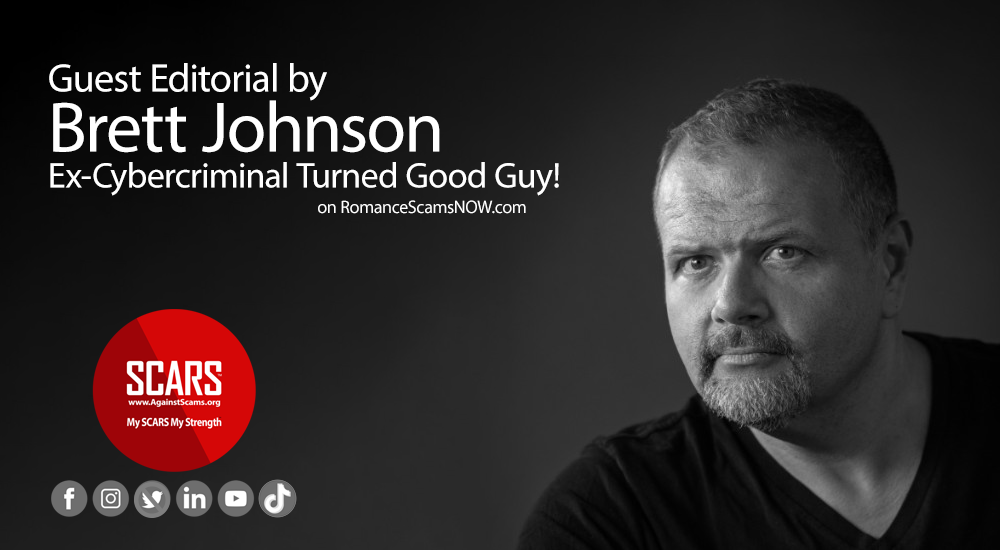
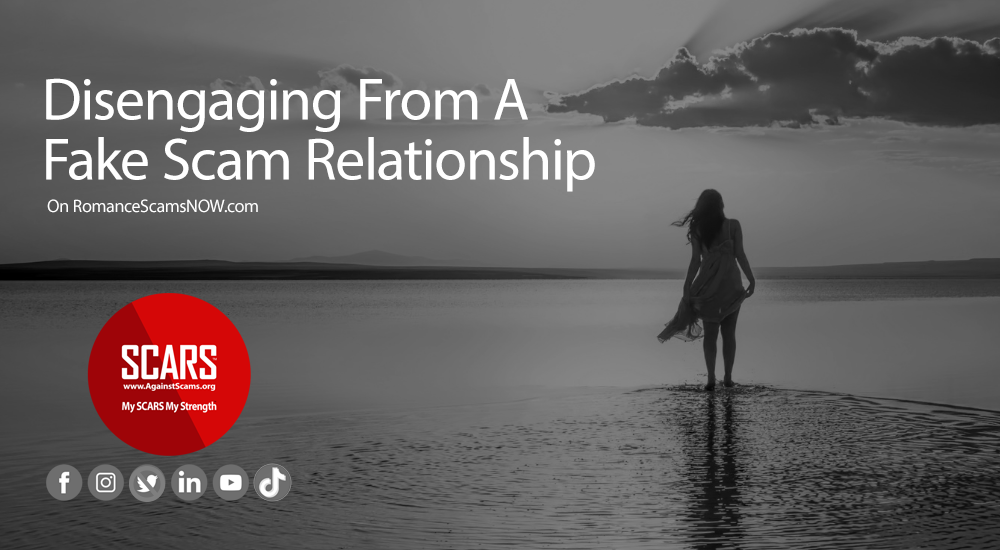


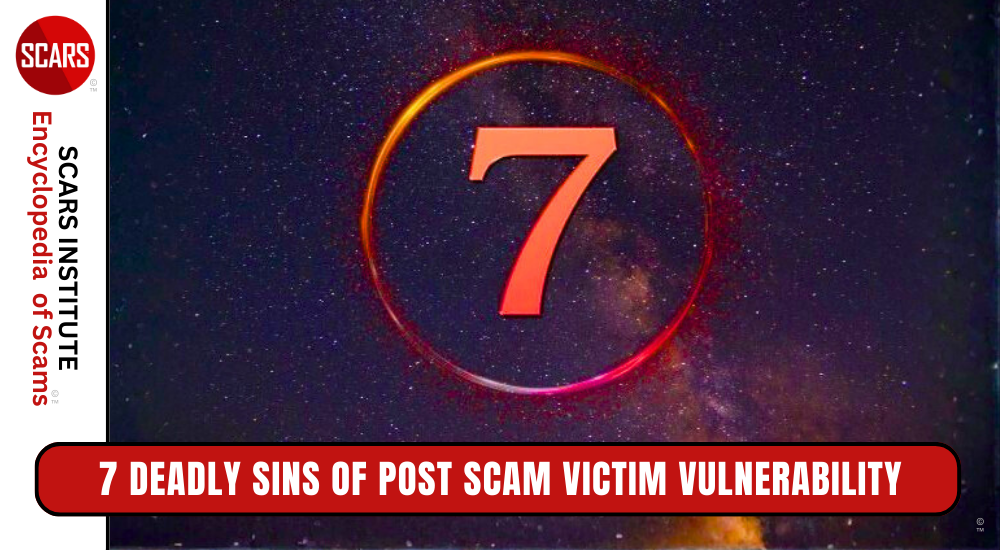

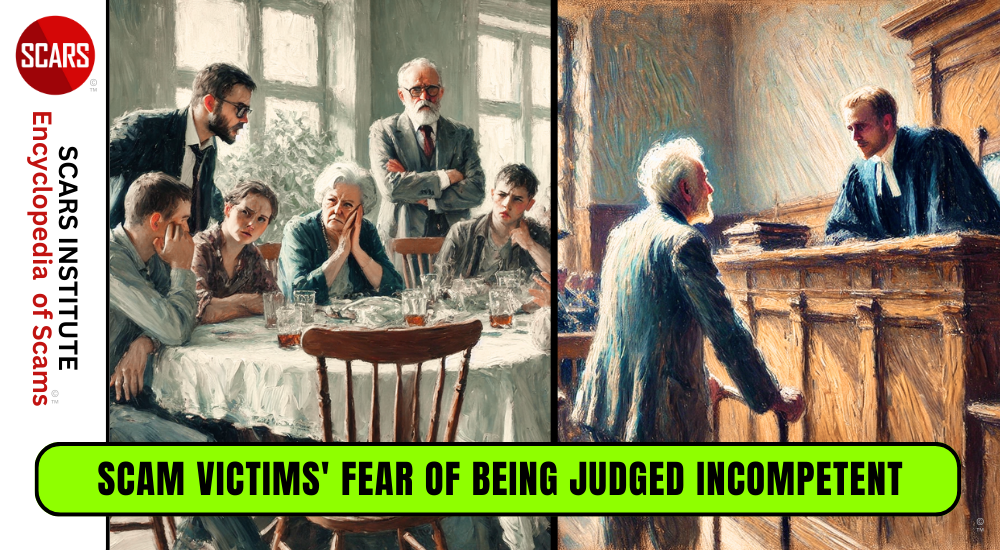
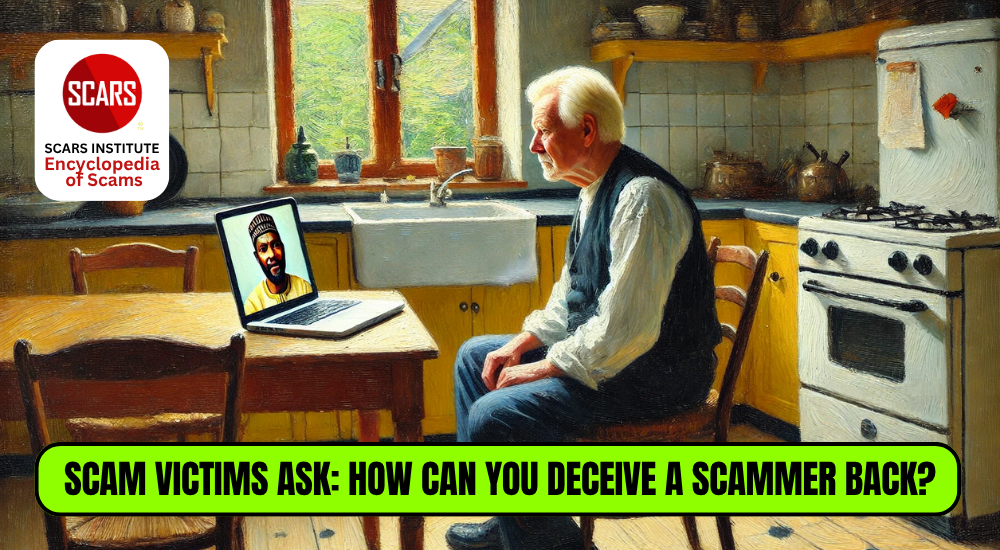
![Financial Recovery - Avoid Money Triggers - Perspective on Money for Scam Victims - 2023 [UPDATED 2025] Financial Recovery Money Triggers Financial Recovery - Avoid Money Triggers - Perspective on Money for Scam Victims - 2023 [UPDAYED 2025] - on the SCARS Institute RomanceScamsNOW.com - the Encyclopedia of Scams™](https://romancescamsnow.com/wp-content/uploads/2025/06/Financial-Recovery-Money-Triggers.png)
![Married Scam Victims: Rebuilding Trust in a Marriage Following a Romance Scam - [UPDATED 2025] Married Scam Victims 2025 Married Scam Victims: Rebuilding Trust in a Marriage Following a Romance Scam - [UPDATED 2025] - on the SCARS Institute RomanceScamsNOW.com - the Encyclopedia of Scams™](https://romancescamsnow.com/wp-content/uploads/2021/04/Married-Scam-Victims-2025.png)




Forgiveness is one of the hardest parts of recovery for me. That includes forgiving myself along with the scammers. It took about 6 months for me to be able to forgive myself. I also feel I’ve forgiven the scammers as well, and that took a bit longer. In the beginning, I felt more resentment towards myself than them. I hated myself for “allowing” my vulnerabilities to shut down my sense of logic. Once I accepted that it truly wasn’t my fault, only then could I forgive myself. In doing so, I was able to extend forgiveness to the criminals too. Harboring resentment towards them would reflect back to me and I would have to work on forgiving myself again. I wanted to continue taking forward steps, not fall backwards, in this regard.
This article and videos all help me to better understand what forgiveness it. Thank you.
Thank you for this article. I’m glad that it comes much further into the education. I’m glad we look at the process weeks after our crime, months even. Because I could not even consider forgiving the perpetrators let alone myself if this part of the education came earlier. I’ve had time now to do some processing about my crime and even process how the poor outcome of choosing a trusted person to tell my story. It is time to start thinking about forgiveness and how that looks for me; to forgive the perpetrators, to forgive myself, to forgive my trusted person and their response to my story. It is indeed time to take a look at what life would look like enabling forgiveness.
Forgiveness is an obstacle along the road to recovery that is so easy to get stuck. So many emotions I needed to process, make peace or put to rest. Most importantly, I have forgiven myself. It is a very freeing experience.
Sempre acreditei no valor do perdão como forma de minimização da dor e do esquecimento. No momento em que perdoei, libertei a minha raiva e segui com um novo “eu” mais enriquecido, independentemente do que fiz com ele daí para a frente.
I guess I’m not done grieving yet because I sure don’t feel like forgiving my scammer.